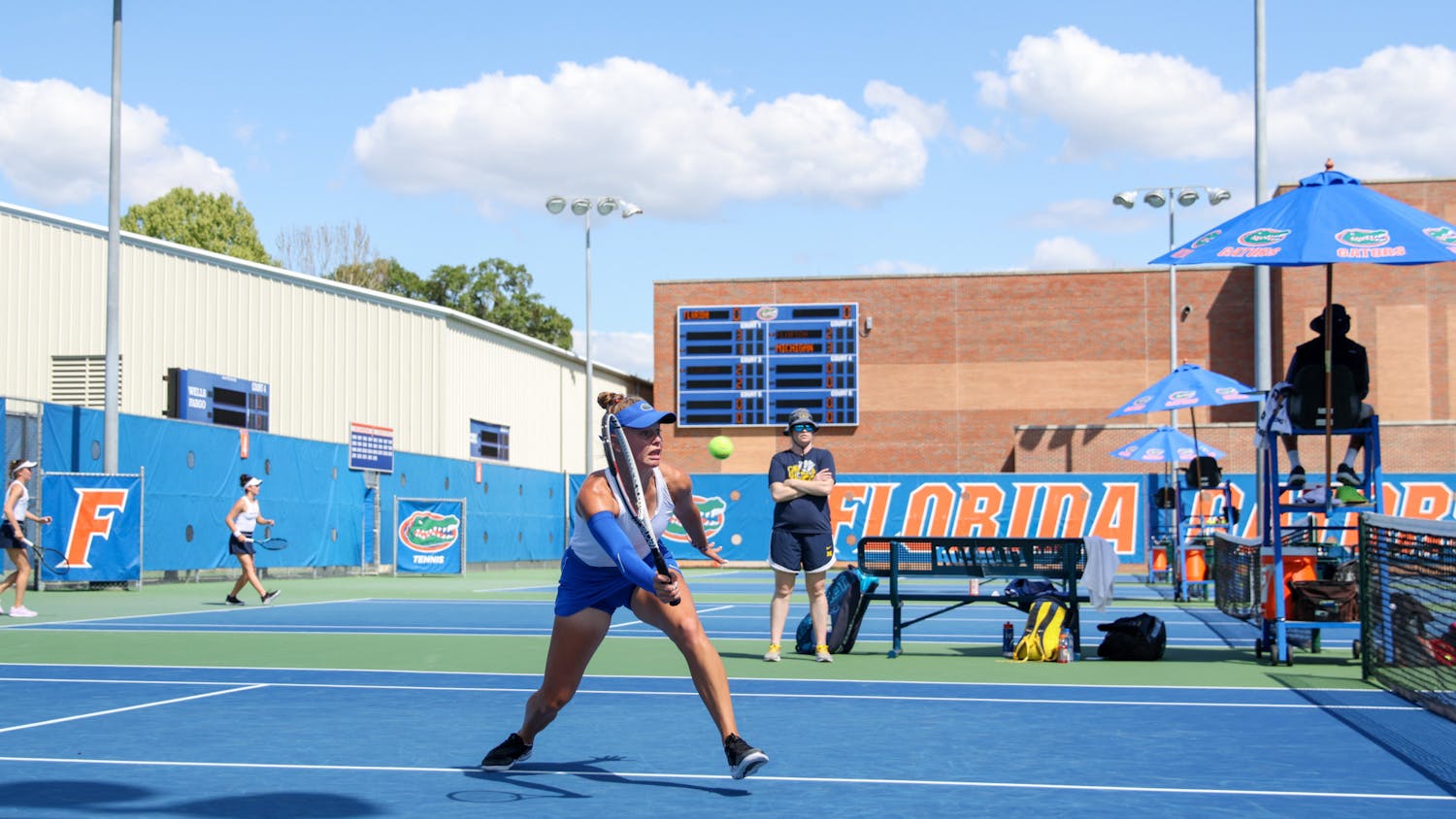It’s easy to forget, what with daily strange Gawker headlines and a certain highly anticipated magical theme park opening, that Florida wildlife is in danger. From rising sea levels threatening the southern coast to black bears ransacking neighborhood trash as a result of overdevelopment to Big Oil drilling in the Everglades, Florida’s natural resources are under attack.
The reasons for the continued raping of our state’s natural resources are the same: greed, commercial interest and lack of accountability.
The latest offense comes from the land of excess itself: Miami. The University of Miami this week sold about 88 acres of rockland, a “globally imperiled habitat containing a menagerie of plants, animals and insects found no place else,” for the development of a Wal-Mart, according to the Miami Herald.
“You wonder how things end up being endangered? This is how,” attorney Dennis Olle, a board member of Tropical Audubon and the North American Butterfly Association, told the Herald.
Olle blamed bad policy. The culprit responsible for the the incoming shopping center, which is slated to include an LA Fitness and a Chili’s, is a Palm Beach County developer who pledges to set aside 40 acres for a preserve.
However, this simply isn’t enough. The rockland is home to a number of delicate native plants and endangered species, including the bald eagle, indigo snake and Florida bonneted bat, which was placed under federal protection last year.
When the project was proposed in 2011, the Herald reported, a federal ordinance stipulated that biologists may examine the land to rescue plants prior to development. When wildlife organizations began picking through the proposed development site, they discovered a “trove of rare plants” in addition to two types of rare butterflies — one species that’s expected to be named an endangered species this summer and another that almost went extinct in the 20th century.
Though federal officials say they plan to watch the project carefully, their hands are tied when it comes to what they can and can’t enforce. Since federal property or money is not involved and no endangered animals are being killed (yet), there’s little they can do. County officials are similarly limited in what kind of action they can take to protect this rare Florida land.
This fresh act of violence on endangered land comes at an especially sensitive time. A 2002 study by the Institute for Regional Conservation found that “only 23 percent of native plants are now considered safe,” the Herald reported. About 40 species that grow only in the pine rocklands will be displaced upon the arrival of the Wal-Mart and other corporate chains.
We’re not saying that Wal-Mart, LA Fitness and Chilli’s aren’t wonderful modern conveniences — who doesn’t want to stock up on cheap s**t, work out on a treadmill surrounded by dozens of other sweaty people, and gorge on flash-frozen faux-Mexican food? But these modern conveniences shouldn’t come at the sacrifice of invaluable natural resources.
[A version of this editorial ran on page 6 on 7/15/2014 under the headline "University of Miami sells forest land, soul to Wal-Mart"]





